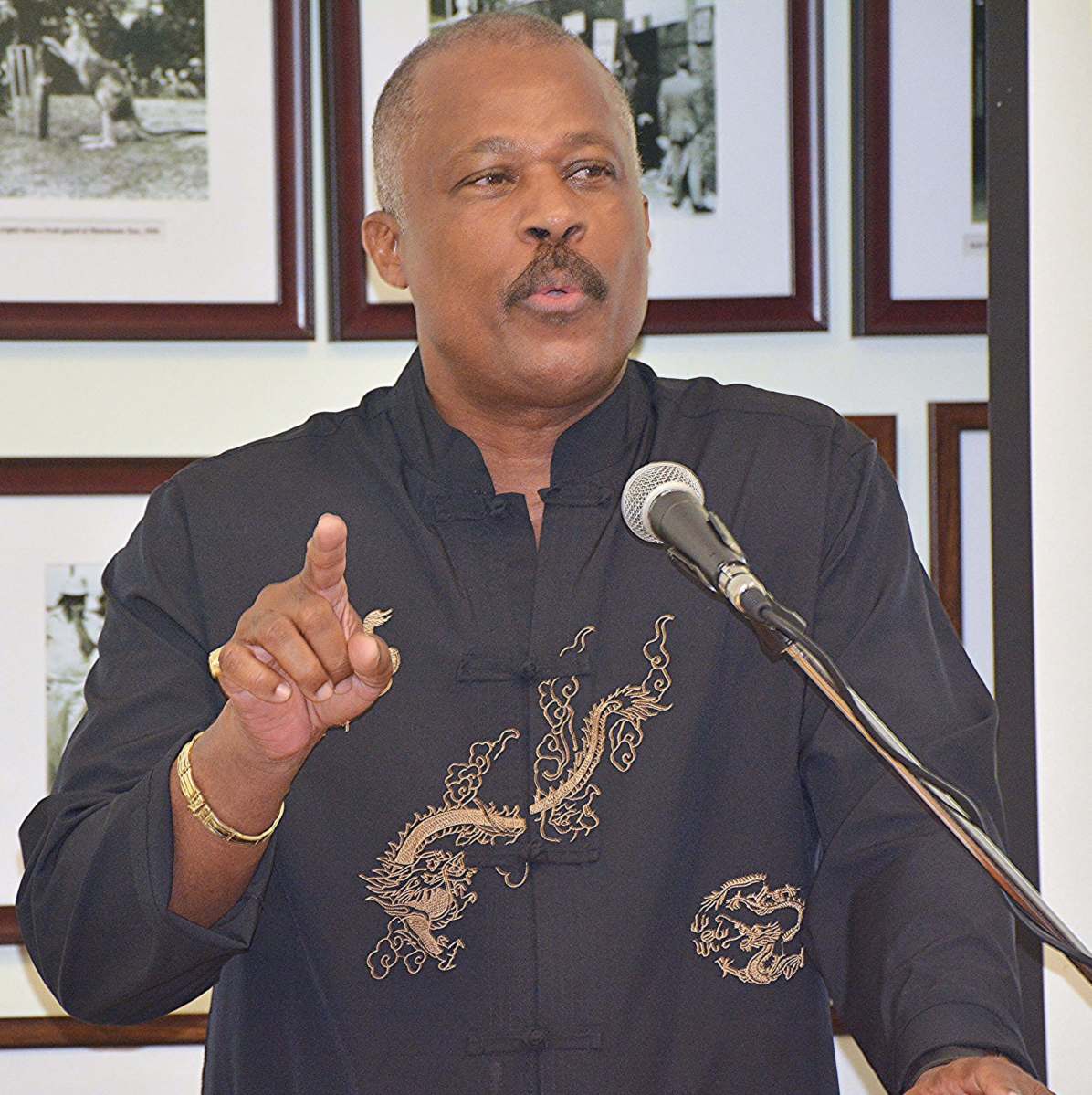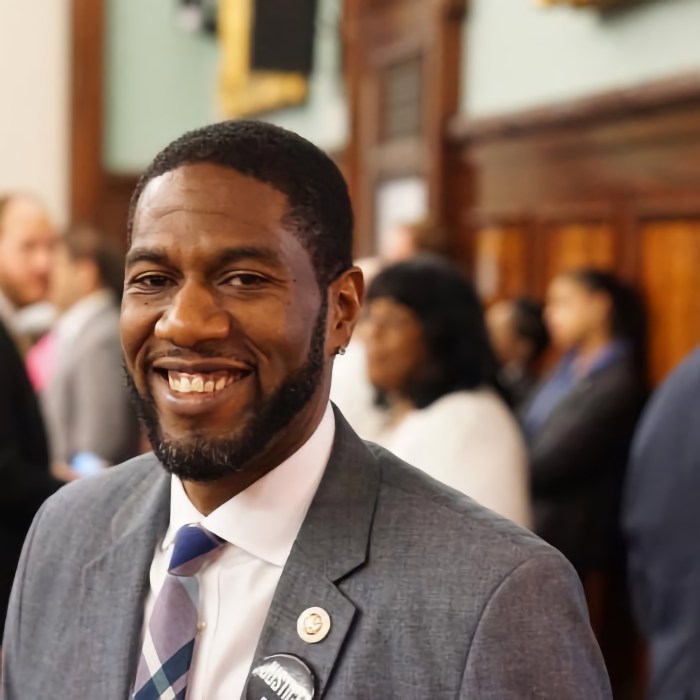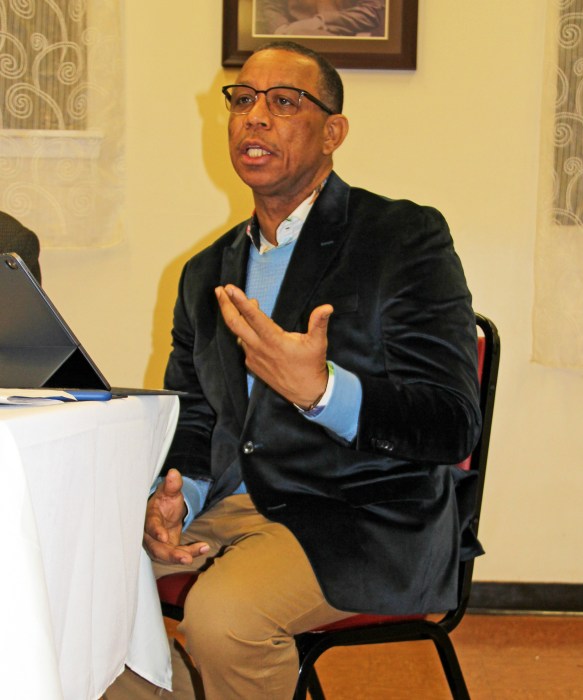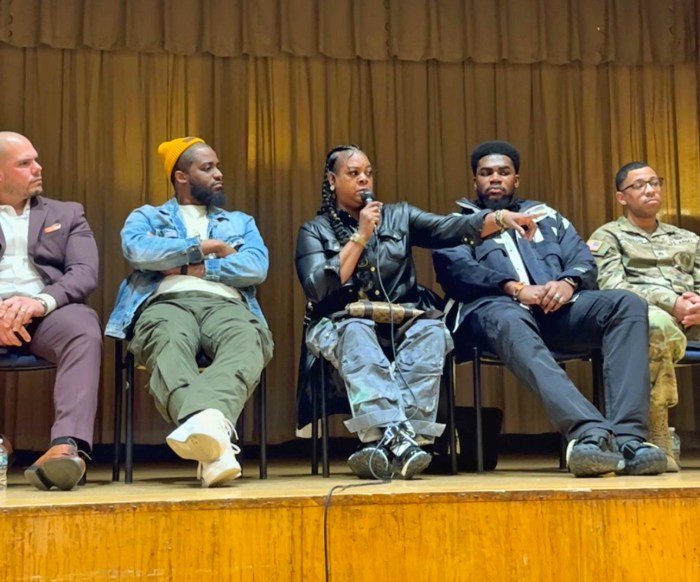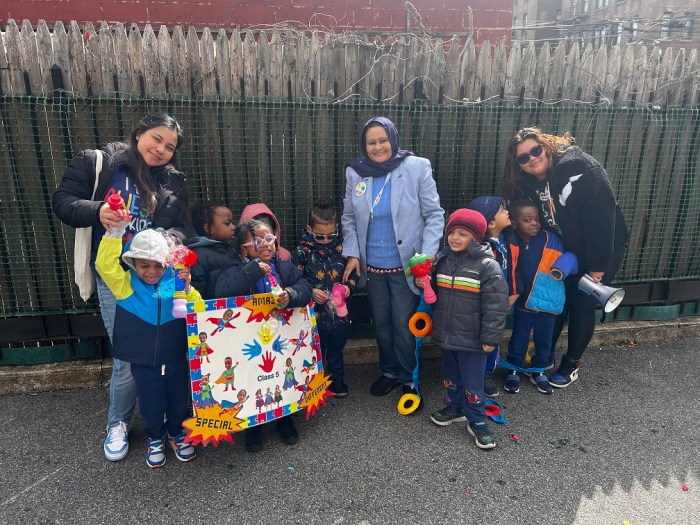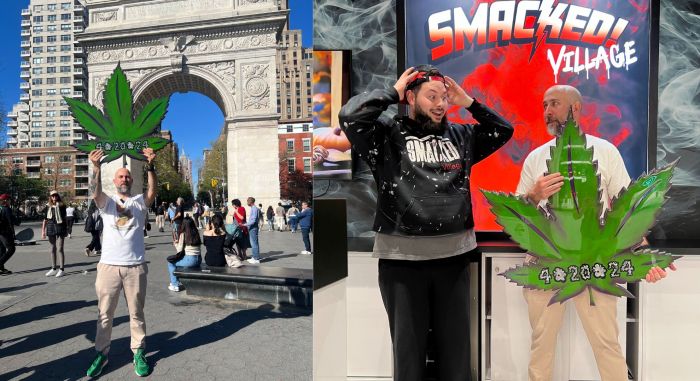With a history of being a brutal owner of slaves, the Church of England (CoE) has repeatedly apologised but following its latest act of contrition and a promise to make amends
the University of the West Indies has retorted that mere words are not enough.
So vast was the slave ownership of that mother church of the international Anglican communion mainly through its UK-based clergymen and missionaries that the compensation figure for the men of the cloth in the UK alone at the time of abolition in 1833 reportedly amounted to 46 million pounds sterling in today’s money.
“Church and nation are confronted by the legacy of slavery and the slave trade which requires an appropriate and humble response,” Archbishop of Canterbury Justin Welby stated last week.
“The church needs to put its house in order and acknowledge tangibly our historic errors and failure,” he added in a message delivered last Thursday to a symposium of Church of God of Prophecy in the UK, Belgium and the Netherlands, a black Pentecostal grouping.
The forum, titled ‘History, Heritage and Identity’ focussed on struggles of the Caribbean diaspora in the UK.
That virtual conference was in partnership with UWI, and Vice-Chancellor Hilary Beckles said Welby’s statement is, “not enough, not acceptable.”
Beckles’ scepticism is justified because CoE has been apologizing since 2006 but is not known to have made any concrete restitution to descendants of those subjected to 200 years of slavery.
Welby himself went to Barbados in 2013 and again apologized.
“In this part of the world there is the history of the church in the past acting in oppression. It is no use covering that up, pretending it did not happen, making excuses, it is true,” he had said.
Speaking from Barbados, Beckles zoomed in on CoE’s slave ownership on this island.
“The Church of England was one of the largest slave owners in Barbados through ownership of the Codrington plantations and would brand their Africans like everyone [did]. … with a hot iron that said … ‘C of E’.”
“It is that history that led the Bishop of Exeter to receive the largest amount of reparations for slavery. More than anyone in England,” he added.
According to the UK Guardian newspaper, “the church [CoE] received £8,823 8s 9d, about £500,000 in today’s money, for the loss of slave labor on its Codrington plantation in Barbados. The contemporary Bishop of Exeter and his business associates received even more, nearly £13,000.”
Quoting the New Testament in his message, Archbishop Welby spoke of the church’s repentance.
“Repentance means turning around, taking action and acting differently,” he stated.
Responding Beckles said genuine and sincere repentance, “has to transition into reparations and reparatory justice. Otherwise it is not acceptable.”
The vice-chancellor’s and UWI’s vision of what comprises reparations from CoE is largely establishment of a comprehensive program of educational support, designed in collaboration with the UK Caribbean diaspora, most of who are descendants of enslaved Africans.
“That educational assistance can allow them to access the programs of the University of the West Indies,” he said.
All UWI degree and other certification programs are online catering for all ages from teenage high school graduates to young and older adults.
Beckles said there must also be in-residence bursaries.
“Those students, all of those young people who have been disconnected from their roots, should be placed in a position through an educational fund to allow for scholarships so that they can participate in their educational advancement in a safe, secure and empowering community in the University of the West Indies [joining] … the 50,000 young students across the region who are currently enrolled.”
“We would like therefore for the black church to be provided with resources by the Church of England to allow it to build stronger bonds with the Caribbean.”
UWI’s administrative head said, “these are some practical steps that can be taken … not theoretical issues … that can be used to repair the harm that has been done and the continuing suffering of our people.”


